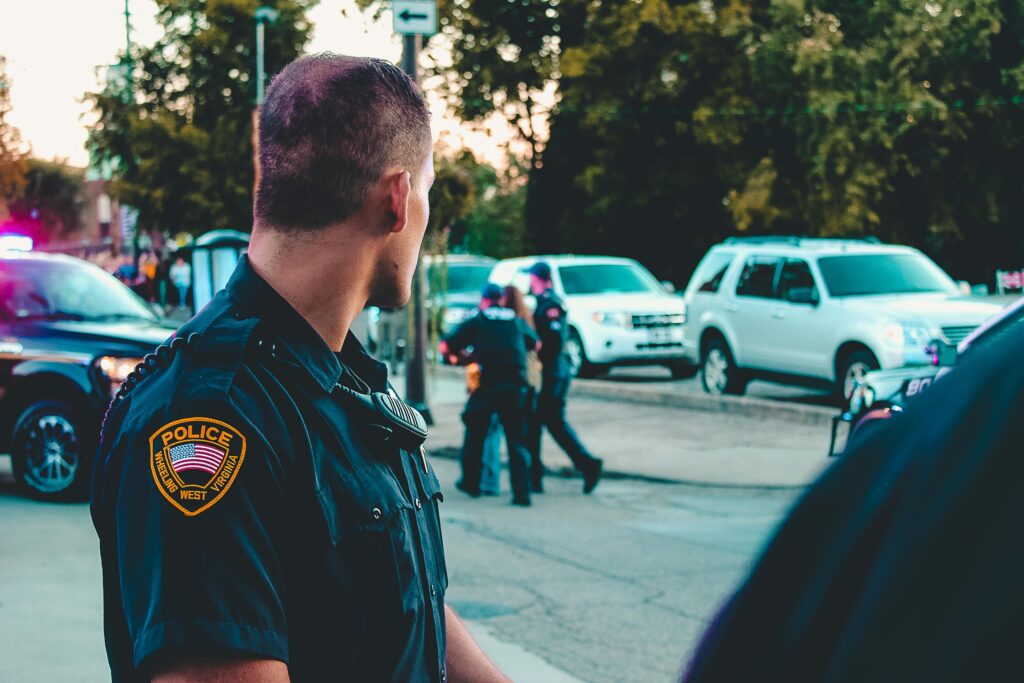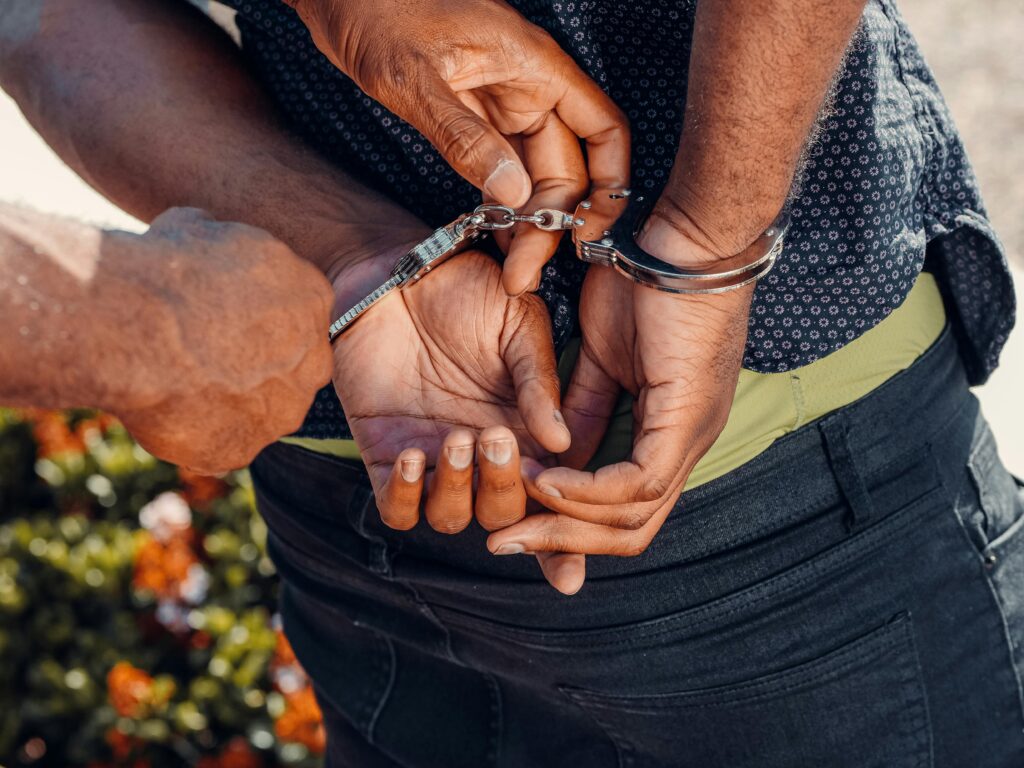Filing an FIR is often a moment filled with anxiety, frustration, and sometimes relief.
But once you’ve signed that report and received a copy, most people find themselves asking: what now? Is that it, or is this just the beginning? This guide walks you through what actually happens after that crucial first step — in plain, everyday language.
When you file an FIR — which stands for First Information Report — the police formally take note of your complaint and begin the legal process. It applies only to cognizable offences, where police are legally allowed to act without needing prior court approval.
The authority for this lies in Section 154 of the Criminal Procedure Code (CrPC). Once the FIR is registered, the police station assigns an Investigating Officer (IO), who becomes the main point of contact for the case.
Here’s what usually happens immediately after an FIR is filed:
| Step | What It Means |
| FIR Number Assigned | You receive a stamped copy for reference. |
| Case Diary Entry | The police record the FIR in their official daily register. |
| Officer Assigned | An Investigating Officer (IO) is put in charge of your case. |
The investigation then begins, and its pace or depth can vary depending on the nature of the complaint. The IO may visit the crime scene, talk to you and any witnesses, and look for initial clues.
If the complaint involves physical evidence — like broken locks, injuries, or damaged property — the police are expected to document and secure that as soon as possible.
Once the scene is examined, the next step is recording witness statements. This is done under Section 161 of the CrPC, where the police can question you and others about what happened.
These are informal statements, not recorded under oath, but they do form a key part of the investigation. If your case involves medical evidence (such as injuries, sexual assault, or poisoning), the police will send you for a medical examination, and that medical report becomes part of the case file.
In some situations, the police may need to search a home, car, or phone. In such cases, they are bound by Section 165 of the CrPC, which allows them to conduct searches during investigation — but only with proper reasons and documentation.
If the accused is known and there is enough initial evidence, the police may arrest them. However, this doesn’t always happen immediately.
Arrest is not mandatory unless the situation demands it, and it largely depends on the nature of the offence and the evidence at hand. If you’re unsure whether the offence in question is bailable or not, you might want to read: Bailable vs Non-Bailable Offences – What It Means for You.
It’s also important to note that not all FIRs are treated equally. Some cases are prioritised due to urgency, evidence availability, or public pressure, while others may take longer.
If you feel the police are not taking timely action, you can escalate the matter — a topic we’ve explained clearly in: How to Get Police Help When They Refuse to File Your Complaint.
And if your FIR involves a situation where you or someone close to you may get wrongly arrested, or there’s fear of arrest in a tense matter, understanding anticipatory bail becomes crucial.
Once the investigation is complete — which can take weeks or even months depending on the case — the next major step is the filing of a Charge Sheet or a Closure Report. This is done under Section 173 of the Criminal Procedure Code (CrPC), which requires the Investigating Officer to report the results of the investigation to the Magistrate.
If the police believe a crime has occurred and there is enough evidence to proceed, they prepare a Charge Sheet. It lists the accused, describes the offence, outlines witness statements, medical reports, forensic evidence, and other findings. This is the official green light for the case to move toward trial.
On the other hand, if the police find that there isn’t enough evidence to support the complaint, they file a Closure Report (also known as a Final Report). But don’t panic if this happens — as the complainant, you have the right to object to the closure report and request the Magistrate to take a second look.
If the Magistrate agrees with your objection, they can order further investigation or even take direct cognizance of the matter.
Once the Magistrate accepts the Charge Sheet, the accused is summoned and the trial process begins. From here on, things can get more complex — involving framing of charges, witness examination, and eventually, judgment. If the case moves into trial and someone you care about is facing arrest, you may want to read: How to Help a Friend or Family Member Who’s Been Arrested.
You also have the right to receive updates about your case. You can track progress using the FIR number, contact the Investigating Officer, or check online portals in states that have digital police records.
Remember, the FIR is just the start of a long process, and it’s important to stay aware of your rights. If you ever feel pressured to withdraw, threatened, or unsure of what to do, know that you’re not alone — the law is there to protect you.
Quick FAQs
1. What is a Charge Sheet?
A Charge Sheet is a police report filed under Section 173 CrPC that outlines all evidence collected and formally accuses someone of a crime.
2. Can I challenge a Closure Report?
Yes. As the complainant, you can file a protest petition before the Magistrate if you disagree with the police’s decision to close the case.
3. What happens if the accused is not traceable?
The police may file an ‘untraced’ report. You can still request the court to keep the case open and revive it later if the accused is found.
4. Do I get updates after the FIR is filed?
Yes. You can follow up with the Investigating Officer or check online status using the FIR number (where available).
5. Is every FIR followed by a trial?
No. Only if a Charge Sheet is filed and the Magistrate finds enough grounds does it lead to a trial.



